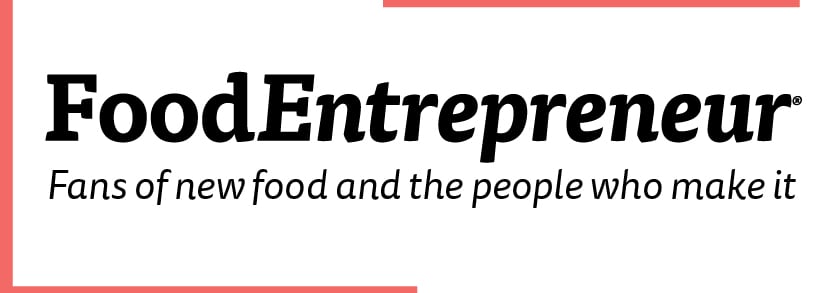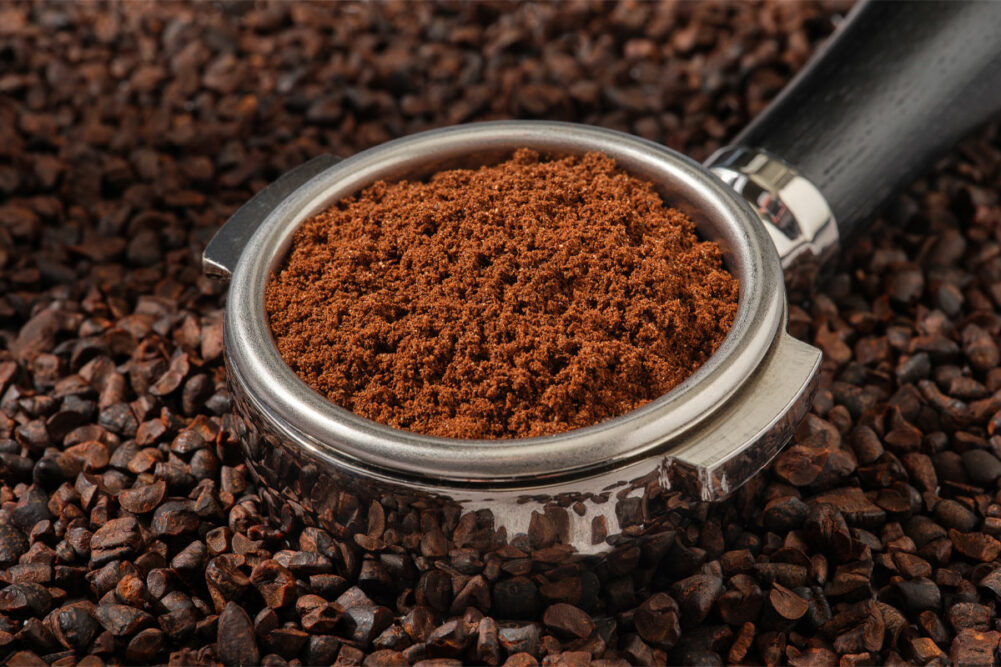 SEATTLE — In the heart of Seattle, Atomo Coffee is opening its newest facility to scale its upcycled coffee grounds formulated from date pits.
SEATTLE — In the heart of Seattle, Atomo Coffee is opening its newest facility to scale its upcycled coffee grounds formulated from date pits.
The 33,547-square-foot plant will enable the company to produce approximately 4 million lbs of coffee grounds a year.
Prior to this facility, Atomo was working out of a lab where it was producing approximately 1 lb of coffee a day.
“Moving from lab scale to a full production line is one of the only times you scale up more than 10 times your existing capability,” said Andy Kleitsch, chief executive officer of Atomo. “Our primary focus the last seven months has been planning for and building our production capability using tried and true food manufacturing technology.”
While most coffee manufacturing facilities are outside the city limits, Kleitsch said settling inside Seattle and all together in one facility was a must for the company’s operation.
“Keeping our team together under one roof is extremely important,” he said. “In this facility we have our laboratories, our scientists, our sales and marketing operations, finance, HR and myself. We realized when we built our cold brew factory a year ago it was only one mile away from our headquarters, but one mile felt too far away for us. We realized our future build needs to keep the team centralized to support rapid change and learning.”
The next months, until the facility opens in March, will include figuring out the back end of the facility.
“We’re bringing in machinery that is 100 times larger than what we have in our lab,” Kleitsch said. “It’s about installing the equipment and running through commissioning and really understanding how this new machinery is going to ensure we not only produce more, but match or improve on the taste and quality of our product.”
Before the company began construction of its coffee grounds facility, Kleitsch said Atomo was constructing a cold brew plant, but shifted gears because coffee grounds offered the company more flexibility in terms of more product channels.
“We were making cold brew in our lab, then we built a small cold brew factory two years ago,” he said. “When we had our breakthrough on grounds, we decided to stop cold brew production to build (the) roastery we’re building now. The benefit to having a grounds factory (is) we support multiple coffee formats as we grow. One example is we can leverage existing coffee infrastructure to support extraction cold brew. We have built our product at a more elemental level to support future growth of additional coffee formats.”
With the extensive manufacturing process its coffee undergoes, Atomo has not found a co-manufacturer to replicate its process.
“That’s been the challenge,” Kleitsch said. “We have not been able to find a co-man to support scale-up as none have our unique mix of technologies. So, we’ve had to reimagine what a roastery looks like. And for us, a roastery looks like a combination of a beer brewing facility, a cracker making facility, a coffee roastery and a packaging line.
“When we looked at (the) manufacturing process, we determined that we would have to work with at least four different co-mans, and we determined the complexity in that the quality and loss and scheduling all the headaches involved with co-mans would make it unattainable. If there was a co-man available, we would have used it for sure. But, really, it’s the unique nature of our product that required us to go back and do a lot of engineering to understand how we build a manufacturing process that would meet our needs for today that could also scale in the future.”
In addition to its Seattle facility, the company has a date pit upcycling center in Coachella, Calif., to process approximately 10,000 lbs of date pits daily from farmers and upcycle them for coffee grounds. Atomo has invested approximately $12.5 million into both facilities.
“We work with farmers and we take the date pits and bring them back to our facility where they undergo cleaning, drying, granulation and we get them prepared for use up here in our Seattle roastery,” he said.
Driving consumers to coffee shops is Atomo Coffee’s goal through its new facility.
“All of us love to go to coffee shops to have a barista make you a beverage that is made with love,” Kleitsch said. “That’s our goal is to be able to support those coffee shops because you can’t buy our product anywhere else. When we talk about scalability, it’s really how many coffee shops can we support with this roastery.”
Atomo’s first coffee shop partner is Gumption Coffee in New York City.
“They are a great partner for us because they’re so well respected in the coffee industry,” Kleitsch said. “They are also advocates of reducing food waste and so it was great to partner with a forward-looking coffee shop that cared so much about the planet and knew that Atomo wasn’t going to be a competitive product to their coffee offering. It was going to be something that would add value to their offering.”
While Atomo primarily is focused on its upcycled coffee grounds for now, Kleitsch said the company may be looking to expand into other coffee channels in the future.
“As we expand our product offerings into pods or capsules and ready-to-drink and drip coffee for home use, you’ll see us expand into other verticals and other distribution channels in the future,” he said. “But for (the) next several years, I would be absolutely happy if we only serviced coffee shops and really made something special for the consumer where they enjoyed it under the care and tutelage of a barista that makes them a loving drink.”
Enjoying this content? Learn about more disruptive startups on the Food Entrepreneur page.





